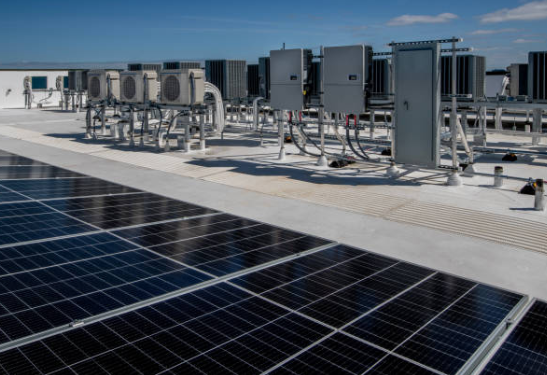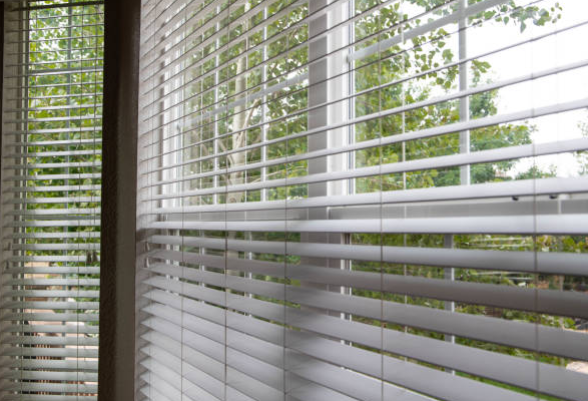A solar inverter (also known as a photovoltaic inverter) is a crucial component in any solar energy system. Its primary function is to convert the direct current (DC) output generated by solar panels into alternating current (AC).
It is no longer news that power cuts are common in Nigeria due to a shortage of electricity but they have become worse recently. Power companies recently raised tariffs for some domestic customers who are supposed to get more power daily, or 20 hours a day, but the power companies are unable to meet the supply.
As a result of this, many people tend to use a solar inverter which provides a reliable alternative to the often unreliable grid electricity supply, helping to mitigate these frequent power outages in the country.
All you need to know about solar inverter and the cost in Nigeria are all provided below as you continue reading this post.
Costs of Solar Inverters in Nigeria
The cost of a solar inverter in Nigeria can range from ₦70,000 to ₦800,000, depending on factors such as power rating, inverter type, brand, and additional components. Here are some examples of solar inverter prices:
- 3.5KVA BLUEGATE 24v Solar Inverter: ₦270,300
- Famicare INVERTER 1000W 1KVA SOLAR BATTERY POWER INVERTER: ₦125,000
- 200AH 12V GLT Solar Inverter Battery: ₦114,000
- 2.4 KVA Solar Inverter 24V: ₦370,000 – ₦390,000
- Qasa Solar Power Generator Inverter UPS Charger Hybrid AC/DC: ₦310,000 – ₦320,000
- Solar Africa 500W HOME SOLAR LIGHTING SYSTEM FOR TV, LAPTOP AND LIGHTS: ₦85,500
- 1500VA 1.5KVA Hybrid Solar Power Inverter UPS – Pure Sine: ₦132,000 – ₦155,000
- Felicity Solar 5KVA 24V Hybrid Inverter With Inbuilt 120A Mppt: ₦565,000 – ₦595,000
- Solar N Inverter Power Energy: ₦150,000
- Solar System With Battery, Panel And Charge Controller – 500W: ₦180,000
- Suoer 1KVA Solar Inverter + 40A Battery + 80 Watts Solar Panel: ₦70,000
- 2KVA Solar Inverter With Batteries, Solar Panels & Installation: ₦110,000 – ₦800,000
- Luminous 1.5KVA/24V Solar Hybrid Inverter: ₦100,000 – ₦132,000
- Sunfield 300W Solar Generator: ₦120,000
- Mercury 2.4KVA Solar Kit with Inverter + Battery + Solar Panels + Controller: ₦370,000 – ₦390,000
- 5KVA Inverter With Full Solar System: ₦825,000 – ₦3,611,900
- Mercury 2.4KVA Solar Kit With 200 Amps Batteries And 4 Of 250 Watts Solar Panels: ₦845,000
- RE 2.5KVA 24V Pure Sine Solar Kit With 2×200 Amps Batteries And 4x 200 Watts Solar Panels: ₦735,000
- Mercury 2.4KVA 24V Solar Kit With 2 Of 200 Watts Solar And 2 Of 100 Amps Batteries: ₦385,000
It’s important to note that these prices are indicative and can fluctuate based on factors such as currency exchange rates, import duties, and availability. Additionally, installation costs, batteries, and other components needed for a complete solar power system can add to the overall expense.
For the most accurate and current pricing, it is advisable to contact local suppliers, visit online marketplaces, or consult with solar installation companies in Nigeria.
Factors to Consider Before Getting A New Solar Inverter
When selecting a solar inverter, there are several important factors to consider. Let’s explore them:
- Wattage Rating:
- Ensure the inverter’s wattage output matches or exceeds your solar panel array’s nameplate rating. Consider future expansion when choosing the inverter size.
- Input Voltage:
- The inverter’s operational range should accommodate your PV array’s maximum voltage. Ideally, the array’s open-circuit voltage should be two-thirds to three-quarters of the inverter’s range.
- AC Output:
- For grid-tied systems, this isn’t critical since the grid backs up excess electricity.
- Standalone and bimodal inverters should handle your household appliances’ load.
- Surge Power:
- Relevant for standalone and bimodal inverters.
- Ensure the inverter can handle short bursts of energy needed to start motors.
- Efficiency Rating:
- Like solar panels, inverter efficiency matters.
- Consider losses due to circuit heating, voltage levels, and internal energy usage.
Remember, the right choice depends on your specific needs, budget, and system design.
See related post on:
- Who Discovered the Solar System
- Air Conditioner Prices in Nigeria (July 2024)
- Refrigerator Prices in Nigeria (July 2024)
- Stabilizer Prices in Nigeria (June 2024)
- Chandelier Light: Overview and Prices (2024)
- LED Lights: Overview, and Prices in Nigeria (2024)
- Generator Prices in Nigeria (June 2024)
- Best Generators in Nigeria and Prices (2024)





